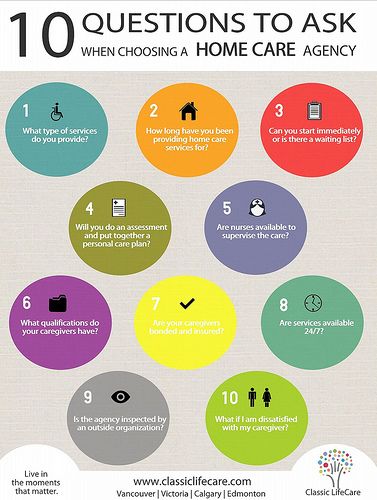
There are many roles available within NHS support services. These roles range from Advocacy to Respite care. The support service workforce has the chance to grow and can even obtain additional qualifications. There are several paths to promotion within NHS. Here are a few of these roles. Each of these roles offers a great deal of opportunity for advancement. Learn more about these roles. Here are some benefits that you can expect if you work within this field.
Hotlines
The NHS has established new helplines to support mental health in the UK. These new helplines will eventually link to NHS 111. This three-digit national number, which is easy to remember, will allow callers speak to a mental-health professional who can refer them for a face-to–face or video consultation service. These helplines will be made more accessible to all people throughout the country. These services are now available to anyone - including patients, professionals, and the public - who needs to talk to a trained mental health professional.
Advocacy
Support services advocacy can help you if you're in a difficult circumstance. These services are free and independent and can help with any complaints about NHS-funded programs. If you'd like to make a complaint, you can call the support services and ask for a referral form. The advocates can help you fill out applications and attend meetings if you have any questions. This article will give you more information about the available services.

Respite care
Although it might seem difficult to find someone to care for your loved one, there are many NHS support services that can offer respite care. These services can provide both relief for the caregiver as well as a change for the patient. These services can be temporary and are offered for as little as a few hours or overnight. For the best respite care, it's important to get to know your loved one and to find a professional who can help. This should start with a phone interview, and should proceed to an in-person interview.
Medicines
There are many methods to find out if someone requires support with their medicines. Begin by speaking to your regular pharmacist or healthcare professional who will prescribe the medicines. Next, gather information from other sources such as incident reports about adults who receive social care in their community. Then, make sure to document this information in their care plans. They can then see what kind of support is needed and select the best option.
After-hours care
If patients require urgent care while their GP surgeries are closed, there are many NHS support options available. These services are available via telephone or via NHS24's freephone 11. For patients who can't wait to see a doctor, out-of-hours care is often a better option. They also offer home visits. Most patients will be able to benefit from routine visits with a general practitioner.
Assessments for caregivers
Carer's Assessments are intended to help you understand the impact of caring and support for your loved one. These assessments may help improve your wellbeing and allow you to make more informed decisions about your caregiving role. Whether your loved one is in need of a break or you're working part-time, your assessment will help you determine how caring for them affects your work and your personal life.

Reporting abuse
Healthcare professionals can identify the signs and send victims to specialist help. In fact, many health services, including hospitals and GP surgeries, have developed their own IDVAs for this purpose. SafeLives, a charity that addresses domestic abuse, claims that health care settings encourage more disclosures. These settings are more attractive to women, who are more likely than others to report abuse. The NHS can provide a first line of defense for victims.